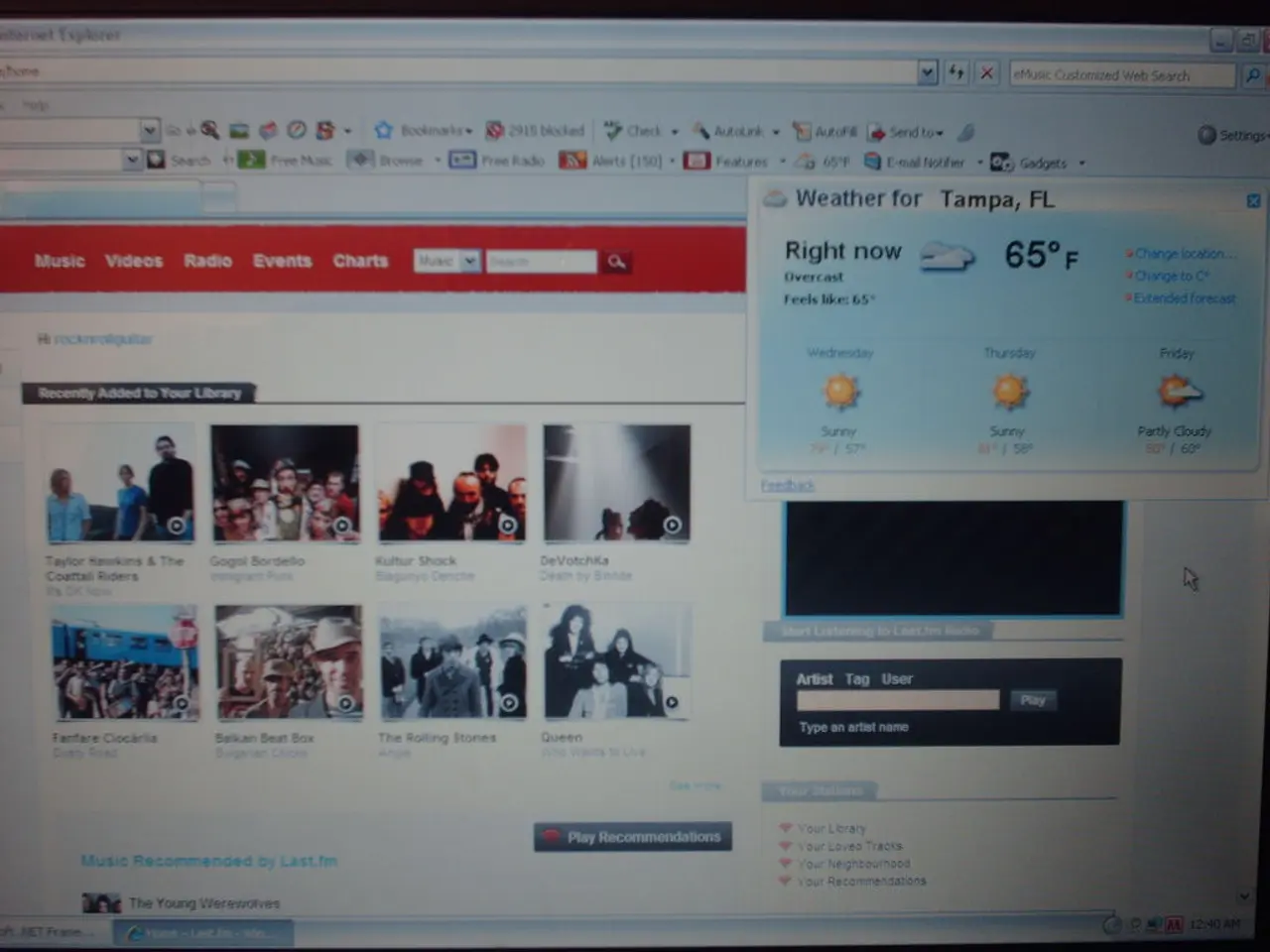Hampton Roads Transit sets up over 2,600 locations with smart bus stop signs
In a significant move towards modernising public transportation, Hampton Roads Transit (HRT) has unveiled its new smart stop technology across over 2,600 bus stop signs in six cities. This innovative system, developed in-house by HRT staff, promises to revolutionise the way commuters access and utilise public transport services.
The smart stops, featuring a large single aluminum panel wrapped in highly reflective anti-graffiti vinyl, are designed with visibility and safety in mind. The new visual layout boasts easy-to-read stop information and a prominent QR code printed on the rear of every sign.
By scanning these QR codes with smartphones, customers can access a wealth of information at their fingertips. Real-time bus information, route maps, schedules, pass purchases, alerts, and issue reporting are just a few of the features available. HRT President and CEO, William E. Harrell, hailed the smart stops as "a new era of convenience, innovation, and mobility."
The smart stops technology is interactive, offering a variety of features to improve the customer experience. Scanning the QR code will provide route and direction information, scheduled and real-time vehicle estimated time of arrival, trip destination, customer service alerts, and more. The unique bus stop number is boldly displayed at the top of both sides of every sign, ensuring clarity and ease of use.
The implementation of these redesigned smart stops is expected to significantly improve the efficiency and convenience of public transportation in the area. The old bus stop signage, which included metal flags with smaller individual route blades, were prone to getting bent or broken and required frequent replacement. The new signs, with their cost-efficiency and reduced maintenance requirements, have already saved HRT over $600,000.
Moreover, the data collected from QR code scans is now being used in real-time to make more informed decisions and improve the overall customer experience at HRT bus stops. The technology enables HRT crews to more efficiently maintain and improve responsiveness to cleanliness and safety issues at bus stops by scanning the QR codes to validate work completion or report issues.
The smart stops apply to all fixed-route services including buses, the Elizabeth River Ferry, Tide Light Rail, and Base Express services, integrating transit modes into one convenient platform. HRT believes that the implementation of these smart stops will significantly improve the efficiency and convenience of public transportation in the area.
Installations began in October 2023 and were completed by June 2025. The smart stops feature visible and reflective signage designed to enhance the rider experience, making transit more interactive and user-friendly. This innovative technology is just one of the ways HRT is working to make public transportation a more enjoyable and efficient experience for all.
- The innovative smart stops technology, implemented by Hampton Roads Transit (HRT), extends beyond buses to include the Elizabeth River Ferry, Tide Light Rail, and Base Express services, unifying various transit modes into a convenient platform.
- In addition to providing real-time bus information and schedules, the smart stops technology collects data from QR code scans, enabling HRT crews to make more informed decisions and improve the overall customer experience at bus stops.
- To further enhance the rider experience, the smart stops features visible and reflective signage, making transit more interactive and user-friendly, as part of HRT's mission to make public transportation a more enjoyable and efficient experience for all.




